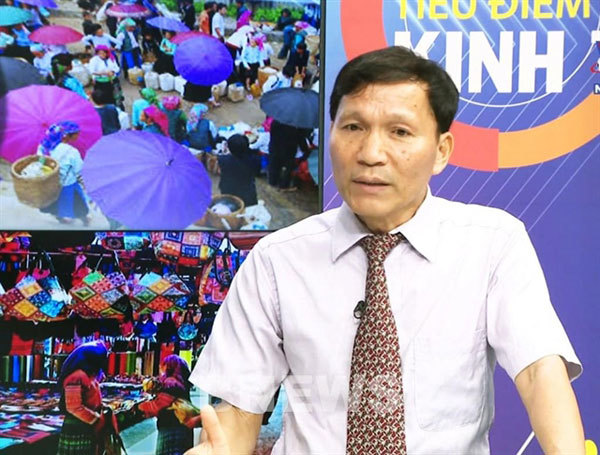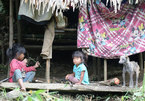 |
| Le Quoc Phuong. |
What are the achievements of the Government’s programme on trade development in mountainous and islands from 2015-2020 in accordance with the Prime Minister’s Decision No. 964/QĐ/TTg?
The Party and Government have adopted quite many policies on socio-economic development in mountainous and remote regions, including islands, aiming to improve the livelihoods of people living there.
One of the policies is the programme to improve commercial infrastructure for people living in mountainous regions and islands in accordance with the Prime Minister’s Decision N.964.
The life cycle of the decision is five years, from 2015- 2020 with a total investment budget of VND446 billion (US$19.4 million). That investment budget comes from both private and public funding, including from the State and the local budget.
The project has been implemented in 287 districts from 48 provinces in mountainous and remote regions, including islands.
One of the key objectives of the project is to increase the circulation of goods and services in the mountainous regions and islands to 10-12 per cent.
Another important objective of the project is to improve local traditional markets while opening more markets to facilitate goods circulation for people living in mountainous areas and islands. Last, but not least, the programme will help mountainous regions and islands to circulate their local products to people nationwide.
What are the challenges in developing infrastructure in remote and mountainous regions as well as islands?
The infrastructure in these regions is still very poor.
Investment in the commercial infrastructure in mountainous or in remote areas has mainly focused on electricity, roads, schools, primary healthcare stations and others. One of the reasons is that investment comes mainly from the State budget. So, in my opinion, the Government should adopt a special mechanism and policies for mountainous regions and islands, with policies on taxes, land, credit and more.
Recently, e-commerce has developed very fast and has changed the shopping behaviour. Do you think such a change will have positive impacts on the development of traditional markets?
No doubt about that. In the context of COVID-19, e-commerce has developed in many countries. Yet in Vietnam, due to its culture and economic history, traditional markets have remained important in many rural and remote areas and regions now and will remain so in the future.
Not only in Vietnam, but traditional markets have also existed and developed in many Asian countries.
In quite a few localities, new markets have been built, yet some of them are deserted. Why is this?
A key reason leading to such a problem is their investors have not paid due attention to an overall assessment report on the site of the market.
The other reason is that the living conditions of people living in the areas are still poor so no doubt, traders will not go to such a market to sell their goods.
Last but not least, some localities have built big markets, yet the goods sold in the market are not to the taste of locals.
Do you have any comments on market development in mountainous areas and islands?
A very important objective of a market development plan is that it will facilitate goods exchange among people living next to the market and it is in line with the future development of that locality.
To have good planning, the first thing we need is to improve goods exchange among people living in that locality. Of course, for the planning of commercial infrastructure and the market, we need to think carefully about the high or low demand of local people. Market planning must be in conformity with the future development of the region.
And finally, in the course of developing the plan, it is a must to consult with both public and private enterprises and have a sufficient land area to build the supporting infrastructure and the market itself. VNS

National Assembly approves nearly $6bn in funding to aid development of ethnic minority groups
The National Assembly has approved $5.97 billion in funding for the implementation of the first phase of the national target programme on socio-economic development in
 PhD Doctor Le Quoc Phuong, former deputy director for the Information Centre for Industry and Trade, under the Ministry of Trade, talks on key requirements in trade development in mountainous areas and islands.
PhD Doctor Le Quoc Phuong, former deputy director for the Information Centre for Industry and Trade, under the Ministry of Trade, talks on key requirements in trade development in mountainous areas and islands.